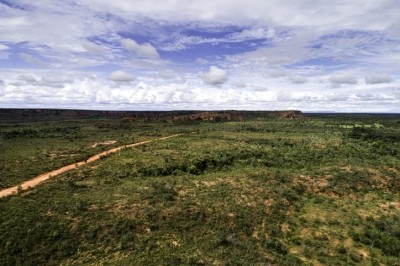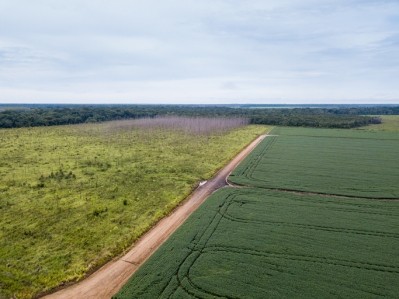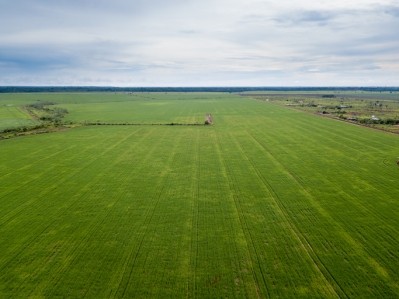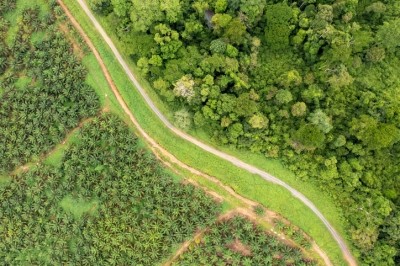Initiative backed by Tesco, Sainsbury’s, and Waitrose delivers first 42,000 tons of deforestation free soy from Brazil
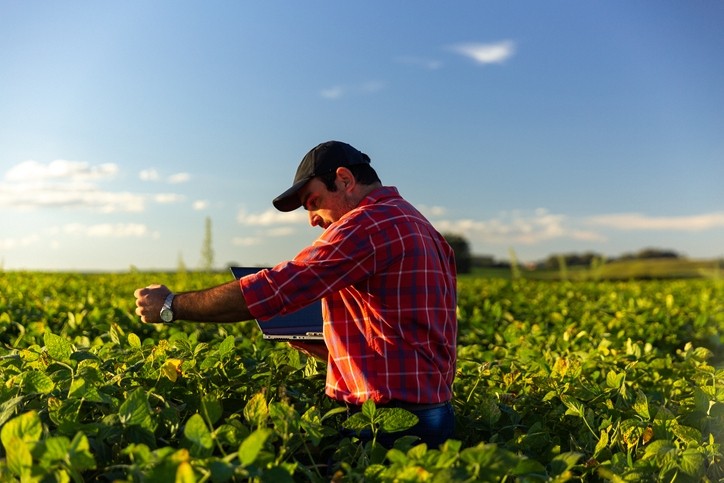
The Responsible Commodities Facility (RCF), launched in 2022, is a new system of financial incentives for farmers in Brazil who commit to DCF soy cultivation.
In addition to the market signals and demand preferences for sustainability, those behind the facility believe there is a crucial requirement to create incentives to engage farmers in the production of DCF commodities. Its approach is to provide financial incentives, in the form of low interest credit lines, for farmers that commit to the objectives of the program.
Through investment by UK retailers Tesco, Sainsbury’s, and Waitrose, the RCF raised US$11m in the form of ‘Green CRAs’ registered in the Vienna Stock Exchange.
The RCF Cerrado Program 1 was a pilot phase for the RCF, and a new report now summarises the impacts of the facility during its first crop cycle: Funds raised were loaned to farmers, soy was planted and harvested.
Farmers selected to take part in the initiative must comply with its eligibility criteria - the farms’ location and deforestation risk, area of excess legal reserve, and credit history - and they must commit to zero deforestation of native vegetation, over and above their legal reserves, preventing negative climate impacts and loss of habitat.
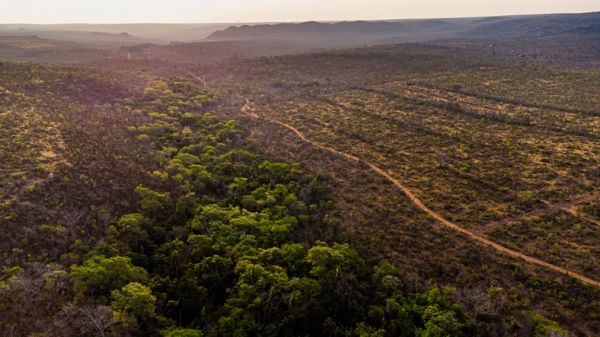
Environmental impacts
RCF creators Sustainable Investment Management (SIM) and BVRio monitored the environmental obligations and impacts of this stage of the program, which was independently verified by Earth Daily Agro. The RCF environmental committee, which comprises of The Nature Conservancy, Conservation International, WWF Brazil, UN Environment, IPAM, Proforest, and BVRio, reviewed the methodologies used for impact quantification and monitoring reports.
The teams outlined how the inaugural program has resulted in 8,541 ha of native vegetation being conserved, of which 2,145 ha is beyond the legal reserve requirement. This sequestered 2.9 MtCO2 carbon stocks in native vegetation and 0t CO2e land use change emissions occurred.
The results also show that no participating farmers deforested or converted natural vegetation. All farmers successfully harvested their soy crop.
Pedro Moura Costa, SIM Director, said the results of the phase of the project shows the program has worked as designed, and the concept has been proven. “Now, we need to rapidly scale-up to deliver greater environmental protection to the Cerrado, which is under increasing pressure due to additional legislation being placed elsewhere in Brazil. International soy buyers want DCF soy in their supply chains, and this mechanism can deliver that at scale.”
The project now rolls forward to its second year, with the investors committed to a four-year program.
